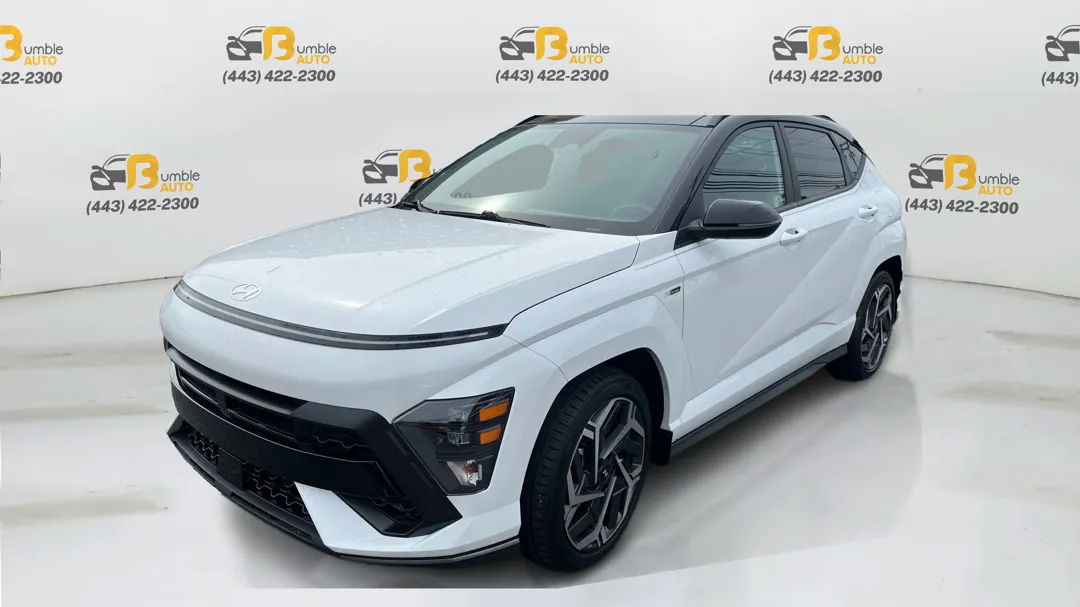Common Car Electrical Problems (Fixing Tips)
Table of Contents
- Common Car Electrical Problems and How to Fix Them
- What Can Cause an Electrical Failure in a Car?
- How Do You Know If Your Car Has a Electrical Problem?
- What Are the Most Common Car Electrical Problems? (How to Fix)
- Dead Battery
- Fixing Tip:
- Faulty Alternator
- Fixing Tip:
- Blown Fuses
- Fixing Tip:
- Corroded Battery Cables
- Fixing Tip:
- Bad Spark Plugs
- Fixing Tip:
- Conclusion
Common Car Electrical Problems and How to Fix Them

Understanding car electrical problems is crucial when buying, selling, or trading a used car in Elkridge, Columbia, Baltimore, Ellicott City (Maryland), or Washington, DC. These issues can lead to erratic vehicle behavior and potentially cause serious damage. From minor inconveniences like a malfunctioning radio to major safety and performance concerns, electrical problems can have various impacts.
In this blog post, we'll explore the causes, symptoms, and solutions of car electrical problems. We aim to equip you with the knowledge to effectively identify and address these issues, ensuring your vehicle remains in top shape. Modern cars rely heavily on their electrical systems, encompassing critical components like the engine control unit and infotainment system. Understanding these problems is the first step toward resolving them, helping you maintain your car's performance and reliability and saving you time and money on costly repairs. For expert tips on car safety inspections , check out our detailed guide.
What Can Cause an Electrical Failure in a Car?

Car electrical problems can arise due to various issues, including:
🟡 Aging wiring: Over time, the wiring in a car can become brittle and cracked, leading to short circuits and other issues.
🟡 Corrosion: Exposure to moisture can cause corrosion, damaging electrical components, and wiring, thereby hindering proper functioning.
🟡 Blown fuses: Fuses are designed to safeguard the car's electrical circuits by interrupting the current flow if it becomes too high. When a fuse blows, it can cause the associated electrical feature to stop working.
🟡 Faulty alternators: A malfunctioning alternator can result in various electrical problems as it plays a crucial role in powering the car's electrical system.
🟡 Dead batteries: Dead batteries can also lead to various electrical problems since they supply power to the car's electrical components.
🟡 Software glitches in modern cars: Advanced computer systems in modern vehicles can experience software glitches, which can cause electrical problems. These glitches can be attributed to software bugs, compatibility issues, or problems with the car's onboard diagnostic system.
It's important to stay vigilant and perform regular auto maintenance to prevent and address these electrical issues in cars. Check out our comprehensive auto maintenance tips for keeping your car's electrical system in shape.
How Do You Know If Your Car Has a Electrical Problem?
How Do You Know If Your Car Has an Electrical Problem? Identifying a car's electrical problem can be tricky, but there are common symptoms to look out for. These include dimming or flickering headlights, a non-starting engine, frequent fuse blowouts, burning smells, and the check engine light coming on.
Dimming or flickering headlights may indicate a weak battery or a faulty alternator within the car's electrical system. If your engine doesn't start, especially when other electrical features work normally, it could indicate an electrical problem.
Frequent fuse blowouts suggest potential issues with the car's electrical circuits, such as short circuits or overloads. A burning smell could be a serious safety risk, indicating overheating electrical components. Additionally, if the check engine light illuminates, it may indicate various problems, including electrical issues.
If you notice any of these symptoms, seeking immediate professional help is crucial. Ignoring electrical problems can lead to more severe issues in the future, potentially damaging your vehicle's electrical system and posing safety risks.
For information on the required tools for car body repair , check out our comprehensive guide.
What Are the Most Common Car Electrical Problems? (How to Fix)
Dead Battery

A dead battery is one of the most common car electrical problems. It can be caused by various factors, including leaving the lights on when the car is not in use, a faulty alternator that fails to charge the battery, or simply an old battery that has reached the end of its lifespan. A dead battery can prevent your car from starting, leaving you stranded.
Fixing Tip:
If your battery is dead, you can jump-start it using another vehicle. This involves connecting the dead battery to the working battery of another vehicle using jumper cables and then starting the working vehicle to charge the dead battery. However, this is only a temporary solution. If the battery is old or damaged, it may need to be replaced. It's also important to check the alternator to ensure it's charging the battery properly.
Faulty Alternator

The alternator is a crucial component of your car's electrical system. It charges the battery and powers the electrical system while your car runs. If the alternator is faulty, it can lead to various electric vehicle problems, including a dead battery, dimming or flickering lights, and even a stalling engine.
Fixing Tip:
If you suspect a faulty alternator, it's best to have it checked by a professional. They can perform tests to determine if the alternator is working properly. If it's not, it will need to be replaced. Replacing an alternator can be a complex job, as it involves removing several other components and dealing with high-voltage electrical systems, so it's best left to professionals.
Blown Fuses

Fuses are a critical part of your car's electrical system. They protect the car's electrical circuits by breaking the circuit if the current flow becomes too high. This prevents damage to the electrical components and reduces the risk of electrical fires. If a circuit is overloaded, the fuse will blow, causing the associated electrical feature to stop working.
Fixing Tip:
If a fuse has blown, you can replace it yourself. Your car's manual should provide instructions on locating the fuse box and identifying the correct replacement fuse. Always replace a blown fuse with a fuse of the same rating to protect the circuit properly.
Corroded Battery Cables

Corrosion on the battery cables can interfere with the electrical current and cause problems, including difficulty starting the car, erratic electrical performance, and even a dead battery. Corrosion is often caused by battery acid, which can leak from the battery and erode the surrounding components.
Fixing Tip:
If the battery cables are corroded, they can be cleaned with baking soda and water. This neutralizes the acid and removes the corrosion. However, the cables may need to be replaced if the corrosion is severe.
Bad Spark Plugs

Spark plugs are responsible for igniting the fuel in the engine. If they're not working properly, it can decrease power and fuel efficiency and cause the engine to misfire. This can result in poor performance and increased fuel consumption.
Fixing Tip:
Bad spark plugs can be replaced at home if you're comfortable with car maintenance. This involves removing the old spark plugs and installing new ones. However, if you're uncomfortable doing this, a professional can handle it.
Taking proactive measures to address common car electrical problems can significantly improve your vehicle's health. Understanding the process of car brake light changing, being knowledgeable about different car battery types and costs , and ensuring regular maintenance are all crucial aspects. If you require professional assistance, you should seek reliable services in your area. Professionals can help diagnose and resolve electrical issues effectively, ensuring the optimal performance of your vehicle.
Conclusion
In conclusion, addressing car electrical problems can be daunting, but with the right knowledge and maintenance, many of these issues can be identified and resolved. Regular inspections and upkeep can help prevent these problems from arising. If you're uncertain, it's best to seek professional advice.
Understanding the common causes and symptoms of car electrical problems empowers you to take proactive measures to maintain your vehicle's electrical system. By promptly addressing issues and being vigilant for symptoms, you can ensure smooth operation and avoid costly repairs.
Remember, while you can handle many car electrical problems independently, some may require professional assistance. If you're uncomfortable working with the electrical system or face complex or severe problems, don't hesitate to seek professional help. Your safety and the well-being of your vehicle are paramount. Drive safely and enjoy the journey!
If you're in Elkridge, MD, and need reliable used auto repair services, we're here to assist you. Our team understands the unique challenges you face in maintaining and purchasing vehicles. That's why we offer special programs and discounts exclusively for first responders and active or retired armed forces members. Whether buying, selling, or seeking advice on maintaining your car's electrical system, contact us today to learn more about our Elkridge MD used auto repair services .










